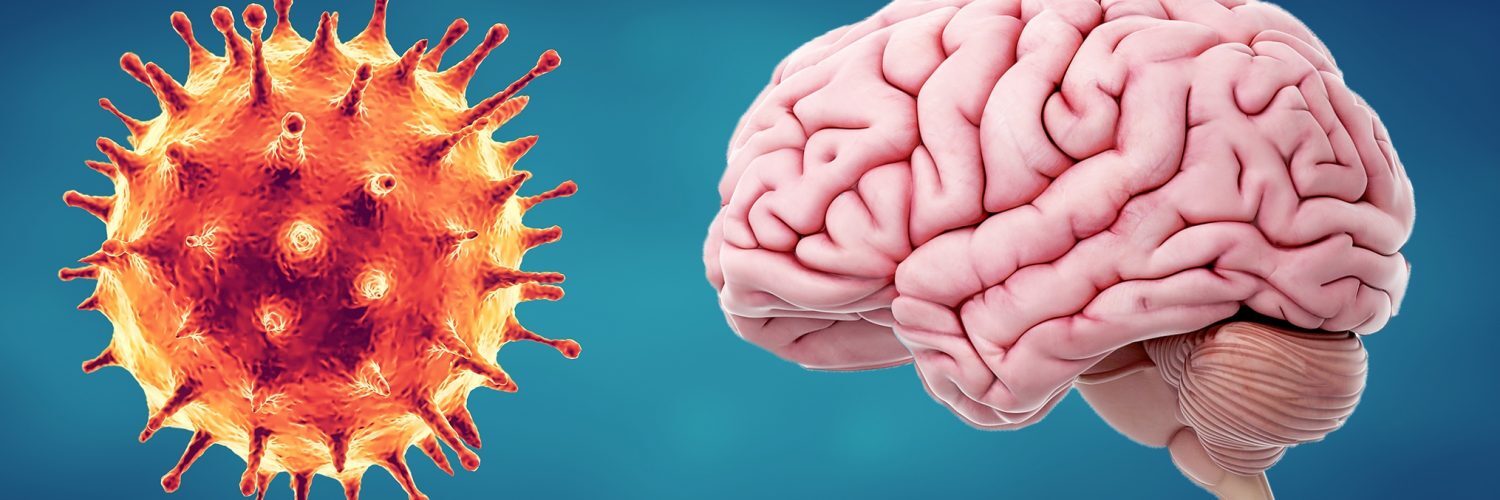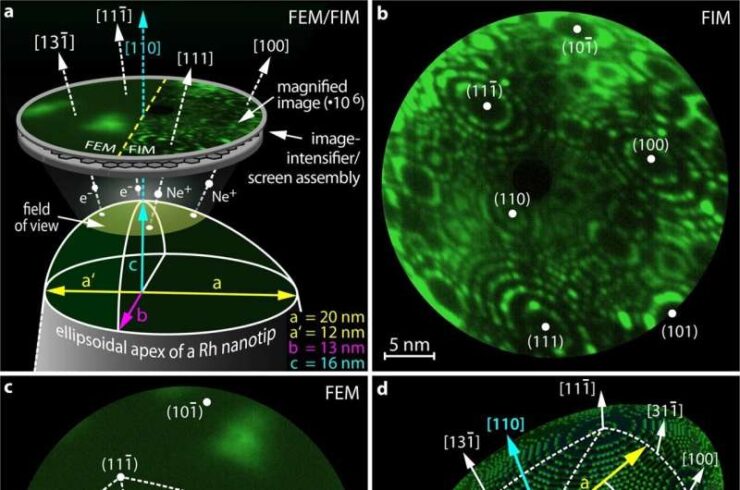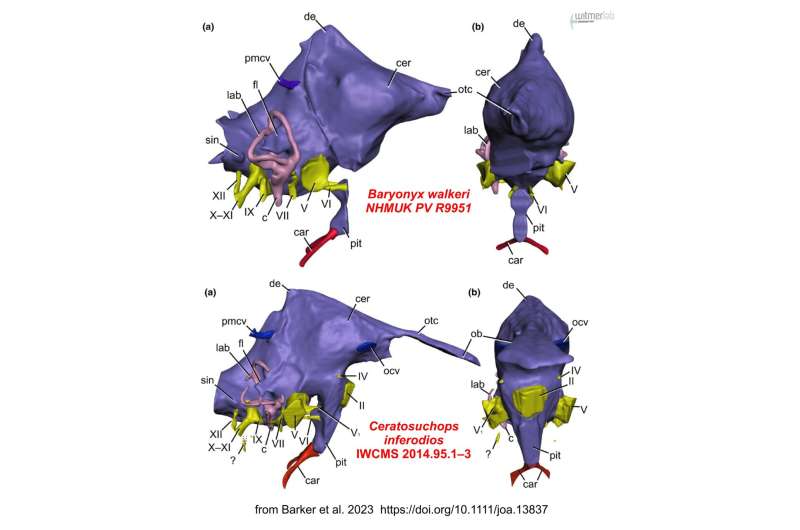Has a year of living with Covid-19 rewired our brains?
耶鲁大学流行病历史学家、《流行病与社会:从黑死病到现在》一书的作者弗兰克·斯诺登说:“人们都在谈论回归常态,我认为这不会发生。”。斯诺登花了40年时间研究流行病。去年春天,正当他的手机因人们想知道历史是否能给Covid-19带来启示而变得疯狂时,他毕生的工作对象落到了他自己身上。他感染了新冠病毒。
“People talk about the return to normality, and I don’t think that is going to happen,” says Frank Snowden, a historian of pandemics at Yale, and the author of Epidemics and Society: From the Black Death to the Present. Snowden has spent 40 years studying pandemics. Then last spring, just as his phone was going crazy with people wanting to know if history could shed light on Covid-19, his life’s work landed in his lap. He caught the coronavirus.
斯诺登认为Covid-19不是随机事件。他说,所有的流行病“通过人类与环境、其他物种以及彼此之间的关系所造成的特定脆弱性折磨着社会。”。每一种流行病都有其自身的特点,而新冠的特性有点像淋巴腺鼠疫——会影响心理健康。斯诺登认为第二次流感大流行已经“在Covid-19第一次大流行的列车上……它是[一种]心理大流行”。
Snowden believes that Covid-19 was not a random event. All pandemics “afflict societies through the specific vulnerabilities people have created by their relationships with the environment, other species, and each other,” he says. Each pandemic has its own properties, and this one – a bit like the bubonic plague – affects mental health. Snowden sees a second pandemic coming “in the train of the Covid-19 first pandemic … [a] psychological pandemic”.
原文来自卫报
翻译:STARSET_Mirror翻译组
审校:STARSET_Mirror翻译组











